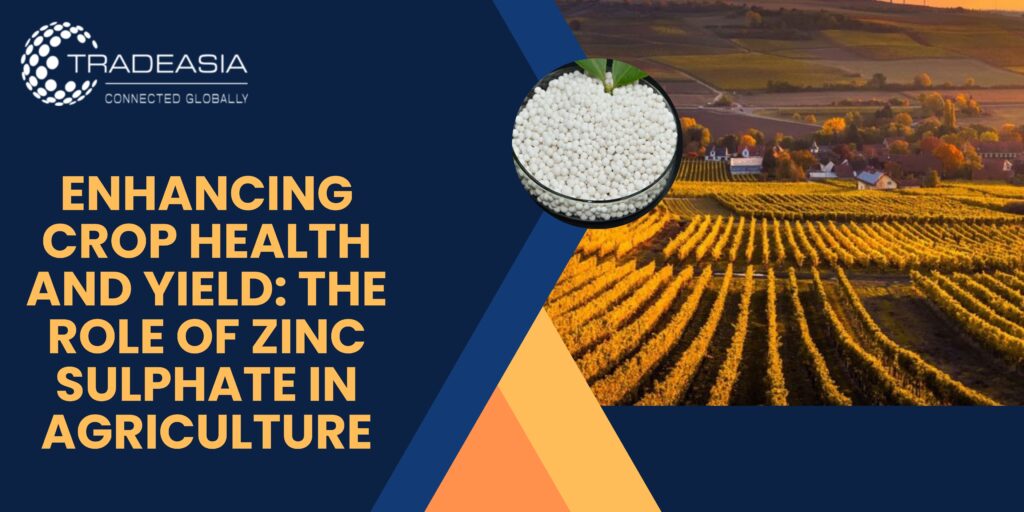
Agriculture is the backbone of our global food system, and the quest for higher crop yields and improved food quality is a constant challenge. One vital element that often goes unnoticed but plays a crucial role in plant growth and nutrition is zinc. Zinc is an essential micronutrient for plants, and its deficiency can lead to stunted growth, reduced yields, and decreased nutritional value in crops. To address this issue, farmers and agricultural experts turn to zinc sulfate as a valuable solution to enhance agricultural productivity. In this article, we will explore the importance of zinc sulfate in agriculture, its benefits, and its various applications in the farming industry.
Understanding Zinc Deficiency in Plants
Zinc is one of the essential micronutrients required for plant growth and development. It plays a pivotal role in various biochemical and physiological processes within plants. These include enzyme activation, photosynthesis, hormone production, and the formation of chlorophyll. When zinc levels are insufficient, plants exhibit several symptoms of deficiency, including interveinal chlorosis (yellowing between leaf veins), delayed maturity, and reduced fruit or seed production.
The Role of Zinc Sulfate
To combat zinc deficiency in crops, farmers and agricultural experts turn to zinc sulfate, a readily available and affordable source of zinc. Zinc sulfate is a water-soluble salt that can be applied through various methods, including soil application, foliar spraying, and seed treatment. Here are some key roles of zinc sulfate in agriculture:
1. Improved Plant Growth:
- Zinc sulfate application enhances root development and nutrient absorption, leading to healthier and more vigorous plants.
- It promotes overall plant growth, resulting in taller, more robust crops.
2. Increased Crop Yields:
- Adequate zinc levels in soil contribute to higher crop yields, which are crucial for meeting global food demand.
- Crops such as maize, rice, wheat, and soybeans are particularly responsive to zinc supplementation.
3. Enhanced Nutritional Value:
- Zinc sulfate helps improve the nutritional quality of crops. It contributes to higher zinc content in grains and vegetables, making them more nutritious for both humans and livestock.
4. Resistance to Stress and Diseases:
- Zinc plays a role in strengthening plant resistance to environmental stressors, such as drought and extreme temperatures.
- It aids in disease resistance, reducing susceptibility to various plant diseases.
5. Balanced Fertilization:
- Zinc sulfate is often used in conjunction with other fertilizers as part of a balanced nutrient management strategy.
- This ensures that plants receive all the necessary micronutrients for optimal growth.
Conclusion
In conclusion, zinc sulfate is a valuable tool in modern agriculture, addressing the crucial issue of zinc deficiency in crops. By providing this essential micronutrient to plants, farmers can improve crop health, increase yields, and enhance the nutritional quality of their harvests. As the world faces growing food security challenges, the role of zinc sulfate in sustainable and productive agriculture cannot be overstated. Its responsible use, based on soil testing and crop-specific requirements, can contribute significantly to meeting the global demand for food while safeguarding the environment. Farmers and agricultural professionals should continue to explore and implement zinc sulfate as part of their holistic approach to crop management, ensuring a more prosperous and food-secure future.
